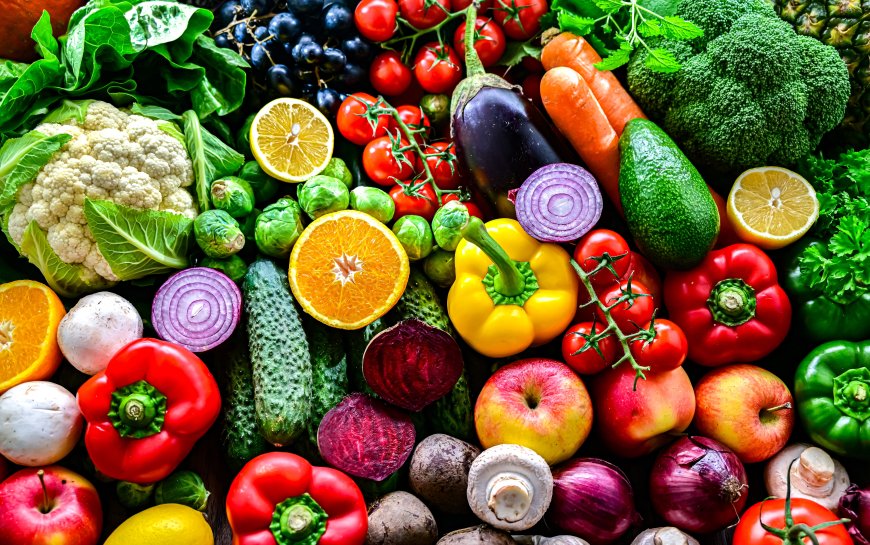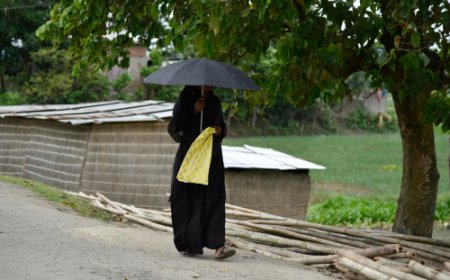The First Thousand Days
Why child nutrition cannot wait

A child’s life begins long before their first breath, and nutrition begins even earlier. That simple truth forms the backbone of the global movement now marked as Child’s Nutrition Awareness Week, observed this year from November 24 to December 1.
As communities and policymakers look for sustainable ways to break cycles of malnutrition, stunting, and poor health outcomes, science points again and again to one powerful idea: the first 1,000 days determine a child's lifelong potential.
This early window stretching from conception to a child’s second birthday is the most rapid period of human development. Brains form 80% of their structure. Immune systems learn their earliest lessons. Body systems set metabolic patterns that echo into adulthood. Nutrition during these days is not just about food; it is about building the architecture of a future human being.
During Days 1-270, the mother’s body is the child’s entire world. A pregnant woman’s nutrition shapes fetal growth, organ formation, and the foundations of cognitive development. Iron deficiency, low protein intake, or inadequate micronutrients during pregnancy can set back a child before life even begins. Ensuring pre-natal counseling, balanced diets, and safe healthcare access becomes a societal duty, not just a personal responsibility.
The next phase, Days 271-450, captures infancy, a time when exclusive breastfeeding is widely recognized as the gold standard. Breastmilk offers antibodies, balanced nutrients, and unmatched protection against malnutrition and infection. For countries like Bangladesh and many low- and middle-income regions, supporting mothers through maternity leave, counseling, and proper feeding practices can reduce infant mortality dramatically.
When a child reaches Days 451-630, the world becomes more colorful quite literally. This is the stage of complementary feeding, where mashed vegetables, grains, proteins, and fruits must be safely introduced alongside continued breastfeeding. It is also the period where many fall into the trap of inadequate or poor-quality complementary foods, resulting in under-nutrition right when brain development depends on high-quality nutrients the most.
By the time the calendar reaches Days 810-1,000, toddlers step into their second year, a whirlwind of movement, curiosity, and growth spurts. Active play, nutrient-dense meals, diverse food textures, and family mealtime routines shape not only physical development but emotional well-being and food acceptance later in life.
The message carried by this awareness week is both urgent and optimistic. Malnutrition is preventable. Stunting is reversible early on. Healthy growth is achievable but only if society commits to nurturing mothers, supporting families, and educating communities.
It is tempting to believe children will simply “grow as they grow,” yet evidence warns otherwise. Childhood nutrition predicts school performance, productivity, disease risk, and even economic outcomes decades later. Every day in the first 1,000 days is a biological investment.
This year’s observance calls for unified action: health workers guiding new parents, policymakers strengthening maternal support programs, local organizations teaching safe complementary feeding, and families choosing nourishment over convenience. As one banner states, “Every Day Matters: Nourish for a Lifetime of Potential.”
The first 1,000 days are not just a medical concept they are a national development strategy, a moral responsibility, and a hope for a healthier future generation. In protecting and nourishing our youngest citizens, we safeguard the promise of an entire nation.
Raisa Mehzabeen is the Founder & CEO of Nutrition For Change.
What's Your Reaction?














































































